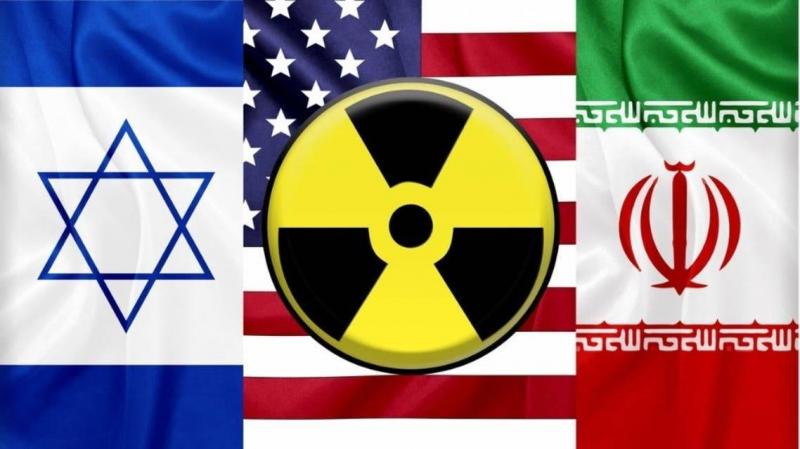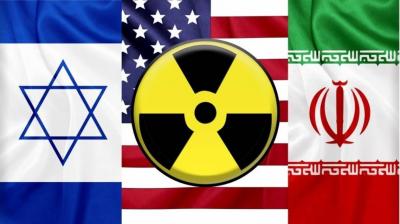Dalia Dasa Kay, a researcher at the Berkel Center for International Relations at the University of California, concluded that the United States has not withdrawn from the Middle East at this time and will not abandon its Gulf partners, asserting that Washington needs to develop a new strategy rather than a strategy for withdrawal from the region.
Kay wrote for the American magazine "Foreign Affairs" that despite all the talk about American withdrawal from the Middle East and the genuine regional concern over the U.S. distancing itself from the area following events in Afghanistan, the reality on the ground indicates the opposite: Washington still maintains an extensive network of military bases, showing a willingness to accept even its worst partners in the name of enhancing regional security. Furthermore, regional dynamics may lead to increased instability and violence, necessitating a continued American presence.
**Commitment to Traditional Allies**
Despite the fears of Arab states regarding the decline of American commitment to the Middle East, U.S. military engagement in regional issues demonstrates the ongoing commitment. The prominent researcher clarified that the U.S. administration "is not turning its back on its traditional partners."
Although the U.S. Department of Defense is currently busy reviewing America's status as a global superpower, which could affect American military presence in the Middle East, there are doubts about Washington's readiness to reduce its troop numbers in the region or disregard the security needs of its regional partners.
Kay pointed out that America's Gulf partners wish for the continued presence of U.S. forces, viewing American military bases there as evidence of Washington's political commitment to their security. With the U.S. withdrawal from Afghanistan, the researcher anticipates a reduction in American troops at the military bases in the region, considering that a complete closure of these bases "would be an exaggeration."
**War with Iran**
She added that Iran views the continued American military presence in the region as a threat to its interests. As Tehran seeks to strengthen its own deterrence capabilities, it may prefer to target small numbers of American troops in conflict zones instead of striking major U.S. bases in the Gulf.
Kay argued that if the nuclear deal with Iran collapses, it would become difficult for the United States to reduce its presence in the Middle East and shift its focus to another region. It is certain that the Israelis will not overlook Iran and will work to ensure continued escalation.
**Israeli-Palestinian Conflict**
While noting that Israel is not a U.S. ally in all treaties, Kay emphasized that American political commitment to Israel's security is so profound that it would be difficult for Washington to remain neutral in the event of a full-blown conflict between Iran and Israel.
As the Israeli-Palestinian conflict remains heated, she indicated that American policymakers prefer to improve the economic conditions for Palestinians over exerting pressure on the Israelis on key issues like settlement expansion.
She affirmed that normalization between Israel and Arab states cannot replace a resolution among the parties in the event of a war.
**Part of the Solution, Not the Problem**
Kay stressed that the United States needs to refocus its attention and resources on challenges impacting the daily lives of people in the Middle East. She noted that at this moment of strategic change, the U.S. has the opportunity to act differently in order to devise and implement a strategy for development and justice, akin to investing in solutions for social and economic challenges and good governance obstacles that hinder the region's citizens from achieving a better life.
She concluded that "the United States, along with its Gulf allies, can assist partners who wish to transform the region from a collection of crises into a range of opportunities. In any case, the U.S. will not distance itself from the Middle East, but Washington must seize the opportunity to be part of the solution, not the problem."




